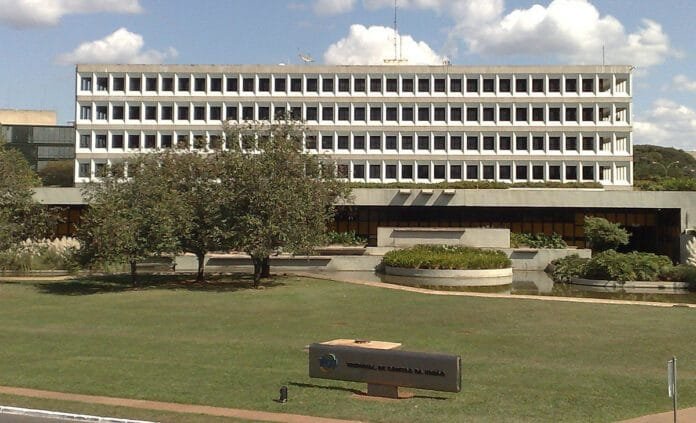The Administrative Court (TA) is in the final stages of a study to assess the feasibility of setting up the Court of Auditors, an institution whose mission will be to strengthen oversight of the management of the public purse. The information was provided by the president of the TA, Lúcia Amaral, explaining that the study aims to ensure that the new court is created on a solid basis and adjusted to the national reality, according to the newspaper O País.
According to Lúcia Amaral, the study, which began in July last year, analyzes the conditions necessary for the implementation of the Court of Auditors and ensures that its structure is independent and functional. The president of the TA stressed that the intention is to prevent the new institution from being created without considering the country’s challenges, ensuring that it is implemented in a structured way.
She also said that the creation of the Court of Auditors will allow the Administrative Court to free itself from some duties that are not part of its core competencies. “It will be a process conducted in a calm and fair manner, so that citizens know where to turn and don’t always have to go to the Administrative Court,” she explained.
The President of the Republic has defended the need for a Court of Auditors to strengthen transparency and oversight of the use of public resources. The main responsibility of the new institution will be to oversee the state’s accounts, monitor the state’s production and ensure that the public purse is properly used, thus contributing to the fight against corruption in the public administration.
The creation of the Court of Auditors is part of the strategy to strengthen the mechanisms of good governance and transparency, allowing the control of public finances to be more independent and effective. The ongoing study will provide recommendations on the structure, functioning and resources needed to implement the new body.
Lúcia Amaral guaranteed that the transition will be carried out responsibly, taking into account the country’s economic and institutional reality, ensuring that the Court of Auditors can effectively fulfill its role without compromising the functioning of the judicial system.




